Your best choice for American standards car charging

Honors type 1 cables meet American standards, AC slow charging plug and DC fast charging plug, it can suit for most of J1772 standards electric vehicles.
Type 1 AC cables max amps 80A, from 16A, 32A, 40A, 50A, 80A
CCS 1 Combo cables, max 600A with liquid cooling, from 80A, 125A, 150A, 200A, 250A, 300A, 350A, 500A, 600A
All plug has to pass the UL strict test and got UL certificate.
We accept any customization, please inquiry us for proposal.
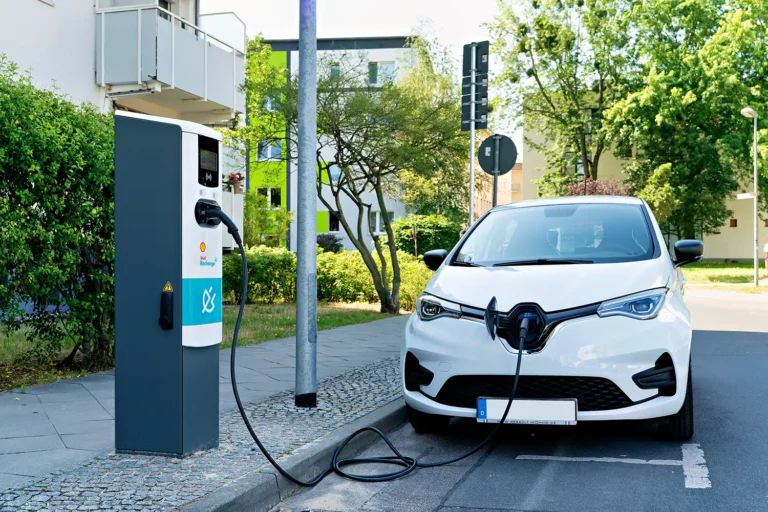
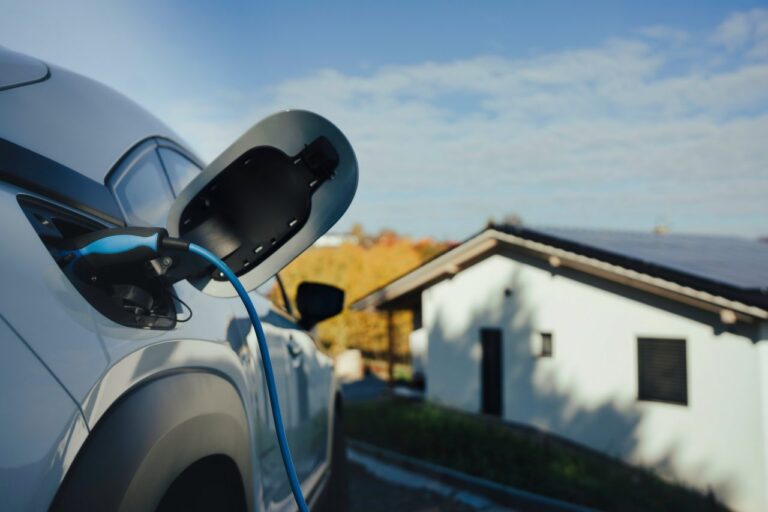
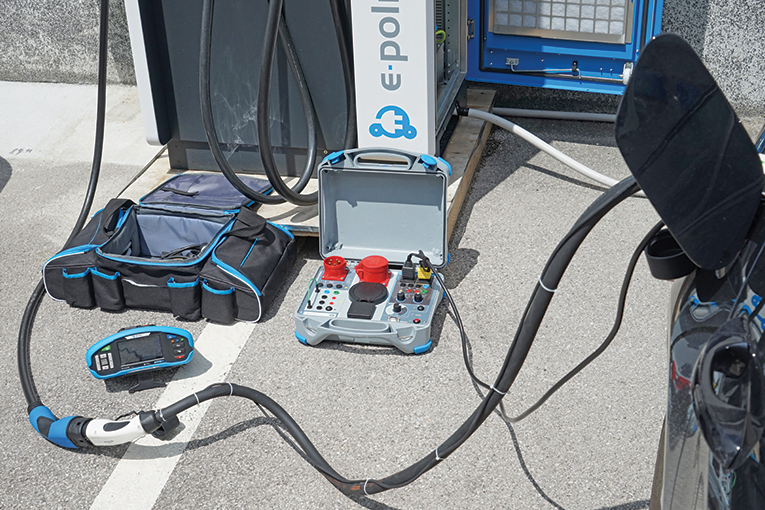
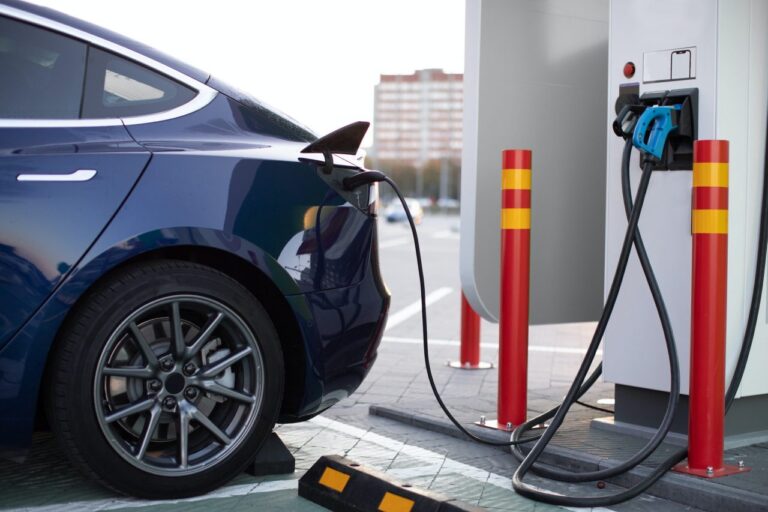
Meet type 1 standards cars charging request
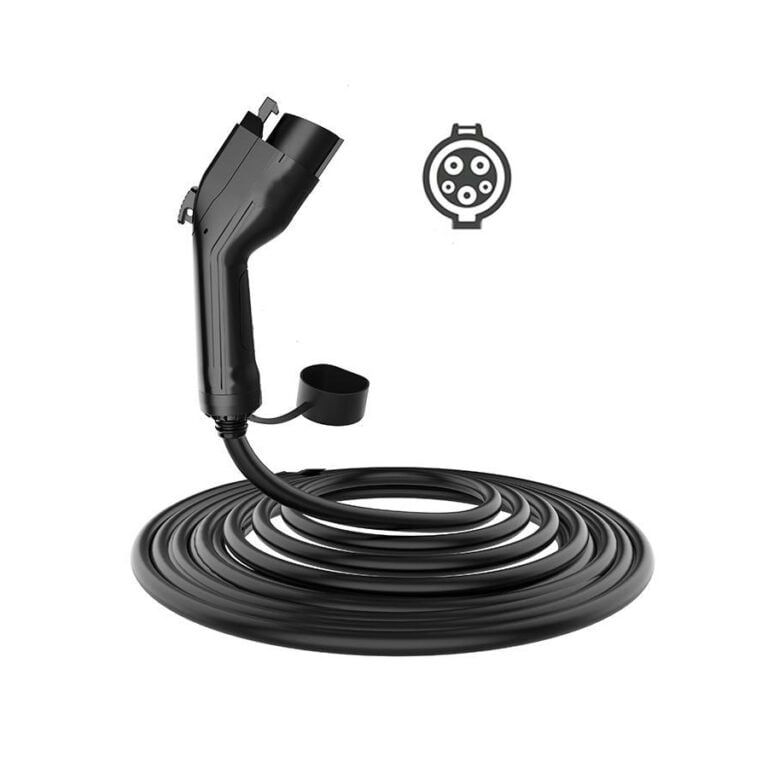
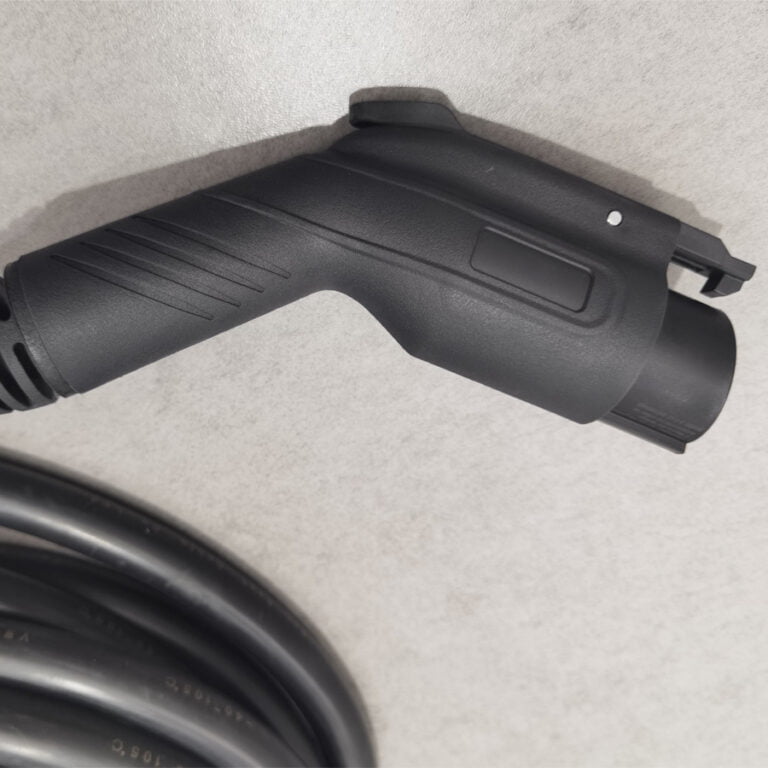
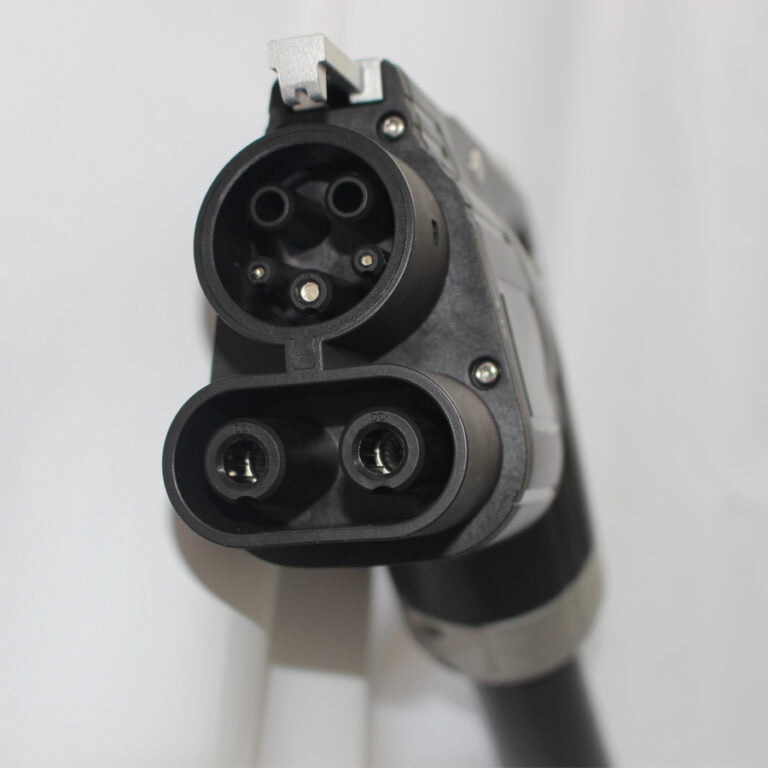
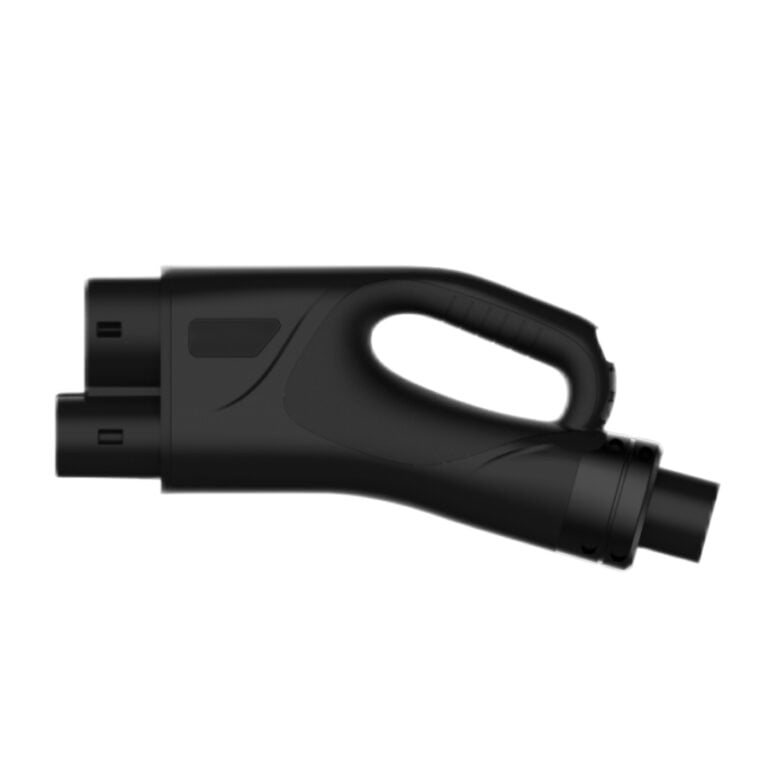
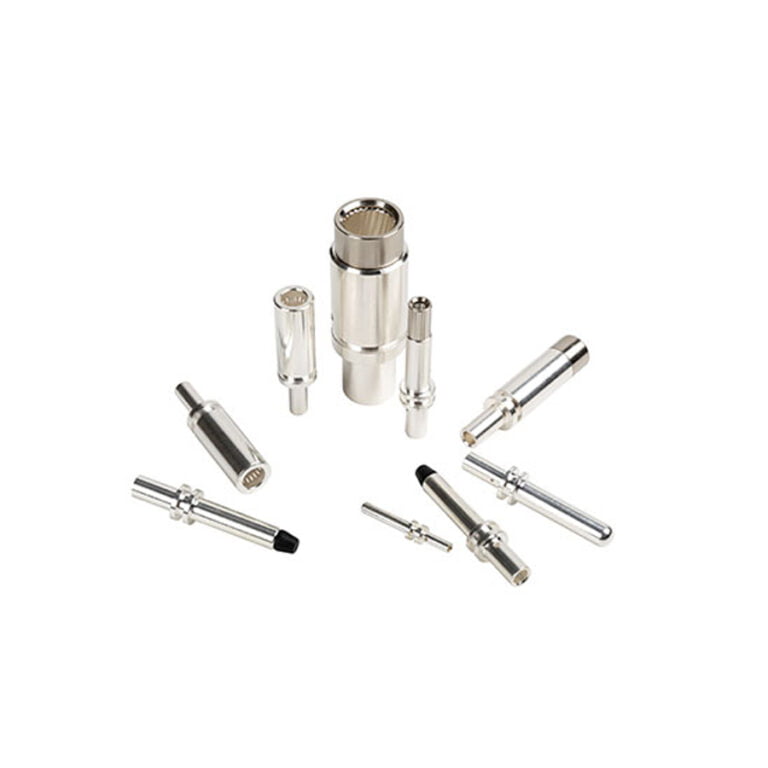
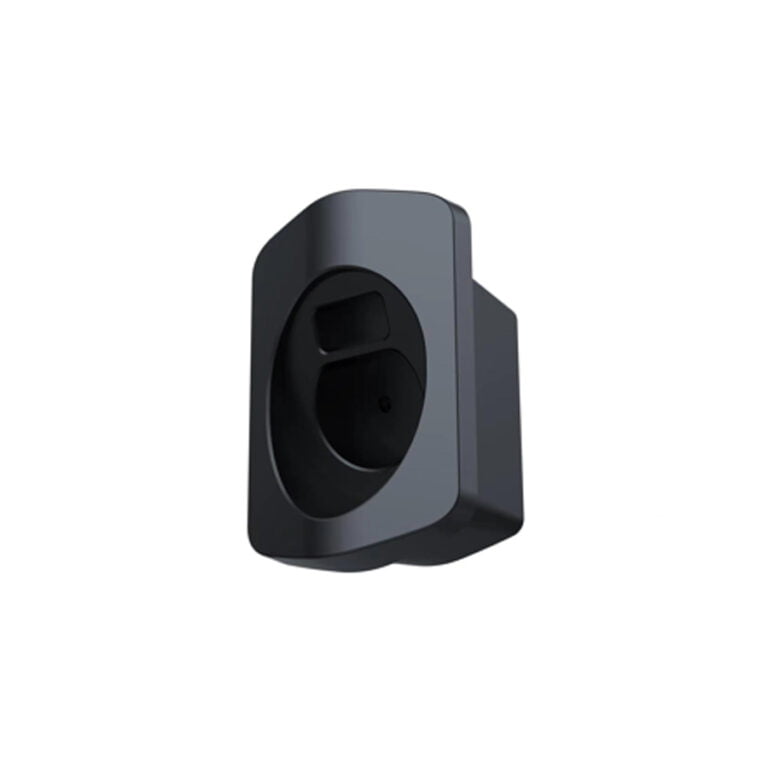

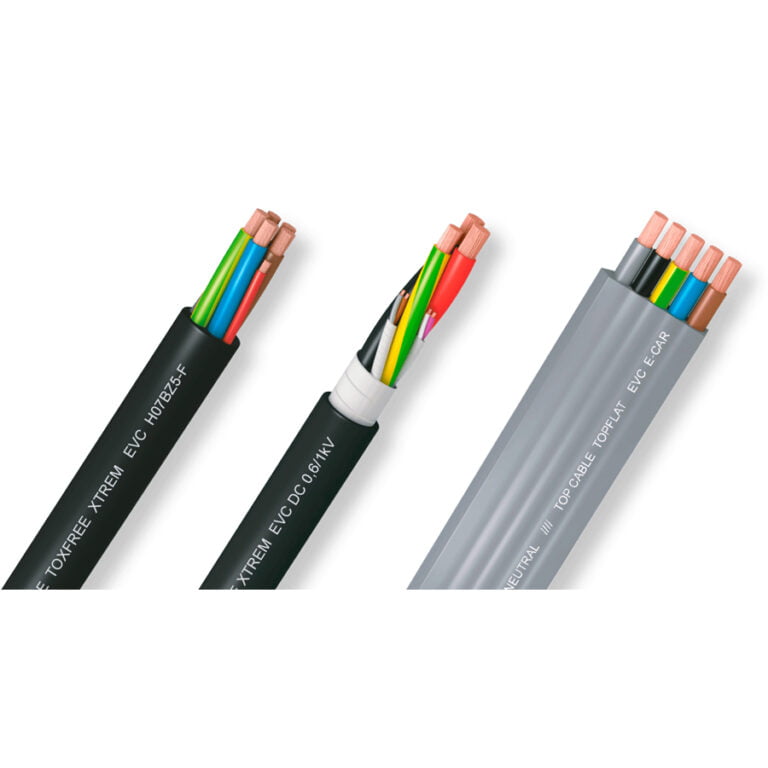
| Model | Amps | Voltage | Cables Size | Outer Diameter | Waterproof | Certificate |
|---|---|---|---|---|---|---|
| AC Charging | 16A | 110V/240V AC | 3x14AWG+1x18AWG | 14.3mm | IP54 | UL RoHS |
| AC Charging | 32A | 110V/240V AC | 3x10AWG+1x18AWG | 16.0mm | IP54 | UL RoHS |
| AC Charging | 40A | 110V/240V AC | 2x9AWG+1x9AWG+1x18AWG | 18.5mm | IP54 | UL RoHS |
| AC Charging | 50A | 110V/240V AC | 2x8AWG+1x10AWG+1x16AWG | 20.5mm | IP54 | UL RoHS |
| AC Charging | 60A | 110V/240V AC | 2x7AWG+1x9AWG+1x16AWG | 21.7mm | IP54 | UL RoHS |
| AC Charging | 65A | 110V/240V AC | 2x6AWG+1x6AWG+1x16AWG | 24.5mm | IP54 | UL RoHS |
| AC Charging | 70A | 110V/240V AC | 2x6AWG+1x6AWG+1x16awg | 24.5mm | IP54 | UL RoHS |
| AC Charging | 80A | 110V/240V AC | 2x5AWG+1x6AWG+1x16AWG | 25.0mm | IP54 | UL RoHS |
| DC Charging | 60A | 1000V DC | 2x5AWG+1x9AWG+p(5x18AWG+1x18AWGP) | 28.5mm | IP54 | UL RoHS |
| DC Charging | 80A | 1000V DC | 2x5AWG+1x9AWG+p(5x18AWG+1x18AWGP) | 28.5mm | IP54 | UL RoHS |
| DC Charging | 125A | 1000V DC | 2x2AWG+1x8AWG+p(5x18AWG+1x18AWGP) | 32.0mm | IP54 | UL RoHS |
| DC Charging | 150A | 1000V DC | 2x1AWG+1x8AWG+p(5x18AWG+1x18AWGP) | 37.0mm | IP54 | UL RoHS |
| DC Charging | 200A | 1000V DC | 2×2/0AWG+1x6AWG+p(5x18AWG+1x18AWGP) | 40.0mm | IP54 | UL RoHS |
| DC Charging | 250A | 1000V DC | 4×3AWG+2×9AWG+5×18AWG+1×18AWG(S) | 33mm | IP66 | UL RoHS |
| DC Charging | 300A | 1000V DC | 4×1AWG+2×9AWG+5×18AWG+1×18AWG(S) | 39mm | IP66 | UL RoHS |
| DC Charging | 350A | 1000V DC | 4×1/0AWG+2×9AWG+5×18AWG+1×18AWG(S) | 41.5mm | IP66 | UL RoHS |
| DC Charging | 500A | 1000V DC | 12*5mm^2+4*2mm^2+1.3mm^2+2*0.5mm^2+3*4*0.2mm^2 | 23.5-24.5mm | IP66 | UL RoHS |
| DC Charging | 600A | 1000V DC | 2x2AWG+3AWG+4x2x18AWG | 36mm | IP66 | UL RoHS |
Some questions about this product
When choosing type 1 cables, there are several factors to consider,compatibility, length, quality and durability, certificate and price.
For type 1 Ac plugs, the max is 80A 240V, for type 1 DC plug, the max is 600A 1000V.
UL 2251 certificate, some factories also have TUV,CE certificate.
We didn’t have any limit for type 1 cables, we accept samples order to test first.
yes, we have strong development team, support OEM,ODM or other special requirements.
yes, samples testing at first are available.
For type 1 DC plug, max 350A without cooling, 500A cables with liquid cooling.
We support 2D, 3D drawing, online technial meeting, offline training.etc

Our type 1 plugs are utilized for the maintenance and refurbishment of ChargePoint stations in Michigan. Coupled with ChargePoint's infrastructure, these American standard plugs ensure high levels of user satisfaction in charging experiences. This partnership guarantees efficient and reliable charging solutions, contributing to enhanced usability and customer satisfaction.

The installation of Type 1 plugs, paired with local charging stations, within an apartment complex in Melbourne has significantly increased the longevity of usage due to their exceptional quality. This combination has led to a substantial decrease in post-installation service requirements. Consequently, it has boosted the enthusiasm of local drivers, ensuring a seamless and satisfying charging experience for all users.
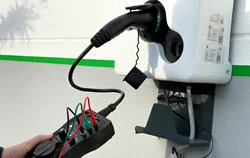
Our Type 1 pins have been extensively utilized by customers for testing equipment, undergoing rigorous testing and screening processes. As a result, they have emerged as the most favored testing equipment in Texas. This accomplishment underscores their reliability and effectiveness, establishing them as the preferred choice among users in the state.
In the realm of electrical connections, the humble power plug serves as the gateway to a myriad of devices that power our daily lives. Among the diverse array of plugs, the Type 1 standard plug stands out as a key player, embodying a universal interface in various regions around the world. Its design and specifications have become integral to ensuring seamless power delivery in a globalized society. In this exploration, we delve into the intricacies of the Type 1 standard plug, unraveling its features, applications, and the pivotal role it plays in the ever-evolving landscape of electrical connectivity. Join us on a journey to uncover the fascinating details of this essential component that keeps our technological world connected and energized.
Type 1 standard refers to a specific charging connector standard used for electric vehicles (EVs). It is also known as SAE J1772, named after the Society of Automotive Engineers (SAE) which developed the standard. The Type 1 connector is commonly used in North America and some other regions.
The Type 1 connector consists of a rectangular-shaped plug with five pins. It is designed for Level 1 and Level 2 charging, providing alternating current (AC) power to charge the electric vehicle. Level 1 charging typically involves a standard household electrical outlet, while Level 2 charging requires a dedicated charging station with higher power output.
It’s worth noting that different regions may have adopted different charging standards, and Type 1 is one of several connector types used globally. In recent years, some regions have transitioned to other standards, such as Type 2 (in Europe) or CCS (Combined Charging System) for faster charging with direct current (DC).
The main difference between Type 1 AC (alternating current) charging and DC (direct current) charging lies in the type of electrical current used to charge electric vehicles (EVs) and the charging speed.
In summary, while Type 1 AC charging is commonly used for everyday charging at home or at Level 2 charging stations, Type 1 DC charging is employed for faster charging, especially at DC fast-charging stations along highways or at locations where quick charging is essential for practical reasons.
Choosing the correct amperage (amps) for an electric vehicle (EV) charging station depends on several factors, and it’s essential to consider the specifications of both the charging station and your electric vehicle. Here are the steps to help you choose the correct amps for your charging station:
By carefully considering these factors and consulting with professionals if needed, you can choose the correct amperage for your charging station, ensuring efficient and safe charging for your electric vehicle.
Choosing the best Type 1 plug supplier involves several considerations to ensure you receive high-quality products and reliable service. Here are some key factors to consider:
Product Quality: Look for a supplier known for manufacturing Type 1 plugs that meet or exceed industry standards for safety, durability, and performance. Check if they have certifications such as UL, TUV Rheinland, or CE to validate the quality of their products. all Honors type 1 cables have UL or TUV or CE certificate.
Compatibility: Ensure that the Type 1 plugs supplied by the manufacturer are compatible with your specific charging station or electric vehicle models. Verify compatibility with different voltage and current requirements to meet the needs of your target market. Honors type 1 cables supply 16A, 32A, 40A, 50A ,80A for AC, 80A, 150A, 200A, 250A, 300A, 350A, max 600A with liquid cooling, it meet 95% type 1 stations request.
Customization Options: If you require customized Type 1 plugs with specific features or branding, choose a supplier capable of accommodating your customization needs. This could include options for color, length, or branding to align with your brand identity. we accept any ccustomzation for your special demands, including OEM, ODM.
Reliability and Reputation: Research the supplier’s reputation in the industry and look for reviews or testimonials from other customers. A supplier with a track record of reliability, timely delivery, and responsive customer service is more likely to meet your expectations. we are specialized in EV charging field for more than 10 years, our clients are come from all over the world.
Manufacturing Capabilities: Evaluate the supplier’s manufacturing capabilities, including their production capacity, quality control processes, and technological capabilities. A supplier with advanced manufacturing facilities and stringent quality control measures is better equipped to deliver consistent and reliable products. Our capability is 1000pcs AC cables and 200pcs DC cables per day.
Cost and Pricing: Compare pricing from multiple suppliers to ensure you’re getting competitive rates without compromising on quality. Consider the overall value proposition, including factors such as product quality, reliability, and after-sales support, rather than solely focusing on the lowest price. contact Honors to get a competitive offer.
Technical Support and After-Sales Service: Choose a supplier that offers comprehensive technical support and after-sales service to address any issues or concerns that may arise. Prompt and responsive customer support can help minimize downtime and ensure a positive experience for your customers. We support online and office technical training and after sales support.
Sustainability and Compliance: Consider suppliers that prioritize sustainability and environmental responsibility in their manufacturing processes. Additionally, ensure that their products comply with relevant regulations and standards to avoid any compliance issues.
Long-Term Partnership Potential: Seek suppliers interested in building long-term partnerships and providing ongoing support for your business needs. A collaborative relationship with your supplier can lead to mutually beneficial outcomes and continuous improvement in product quality and service.

Hey, I’m Sira Zhang, the Author of this post , in the past ten years, we are specialized in EV charging field, like wallbox, portable chargers, charging accessoriess for station maufacturer, we accep any special customization for your demand, if you have any problem, call us to disuss your solutions.

Hey, I’m Sira Zhang, the Author of this post , in the past ten years, we are specialized in EV charging field, like wallbox, portable chargers, charging accessoriess for station maufacturer, we accep any special customization for your demand, if you have any problem, call us to disuss your solutions.
Thanks for your interest, your inquiry will be responded within 24 hours.